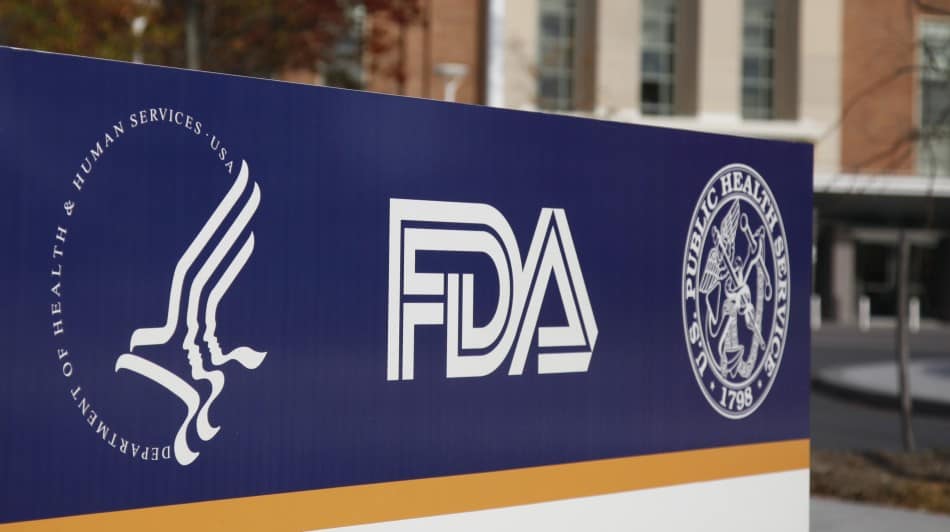
Obesity drug supported by FDA panel
pharmafile | February 23, 2012 | News story | Sales and Marketing | FDA, Qnexa, Vivus, Xenical, obesity
Vivus’ obesity drug Qnexa has been supported by an FDA panel, two years after it was knocked back by the US regulator.
Vivus is seeking a licence for Qnexa to treat obesity, including weight loss and maintenance of weight loss, in patients who are obese or overweight with co-morbidities such as hypertension, type II diabetes, dyslipidemia or central adiposity.
There have been no new obesity drugs approved by the FDA in 13 years, but Qnexa could be on the brink of breaking this drought.
This is because many new obesity drugs have come with serious adverse affects, relating mainly to heart risk concerns.
But the FDA’s endocrinologic and metabolic drugs advisory committee recommended 20 – 2 that Qnexa be granted approval, as it believed the treatment’s benefits outweighs its risks.
Peter Tam, president of Vivus, said: “We are pleased with the panel’s approval recommendation in support of the safety and efficacy of Qnexa.
“We look forward to working with the FDA as they complete their evaluation.
“Obesity is a serious medical condition, and we are committed to making Qnexa available and providing physicians with a new medical treatment option in their battle with this public health epidemic.”
Sanjay Kaul, a cardiology professor and an FDA panel member, said: “Of all the obesity drugs, this one has the highest efficacy in terms of weight loss, so that shifts the balance in terms of requiring a post-approval study rather than a pre-approval study.”
Analysts are expecting peak annual sales of around $500 million for the drug.
The medicine works by combining the appetite suppressant phentermine with topiramate, an antiseizure and migraine drug.
The FDA isn’t required to follow the panel’s recommendation and will come to its own decision on Qnexa by April.
The FDA originally rejected Qnexa in 2010 and asked Vivus for more information on the drug. The regulator wanted more safety information on its use in pregnant women, and to show that the increase in heart rate in patients taking the drug was not dangerous.
The last prescription obesity drug to gain FDA approval was Roche’s Xenical in 1999, with a lower dose OTC version – marketed by GSK as Alli – gaining FDA approval in 2007.
Since then many firms have failed to produce a drug that is both safe and effective.
Obesity is a rising problem in mature markets and finding a safe and effective drug to help reduce weight is seen as the Holy Grail in the industry.
Ben Adams
Related Content

MRM Health’s ulcerative colitis treatment receives FDA Investigational New Drug clearance
Microbial Resource Management (MRM) Health has announced that its lead programme, MH002, has received Investigational …

Complement Therapeutics’ geographic atrophy treatment receives FDA Fast Track designation
Complement Therapeutics has announced that CTx001, its gene therapy treatment for geographic atrophy (GA) secondary …

Johnson & Johnson submits robotic surgical system for De Novo classification
Johnson & Johnson has announced the submission of its Ottava Robotic Surgical System for De …





